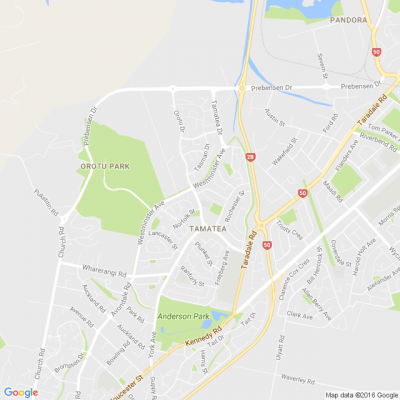
Know what’s happening
Access the private noticeboard for verified neighbours near you. Keep informed about any suspicious activity, send urgent updates to your neighbours when required and discuss emergency planning.
Get to know your neighbours
Browse the directory and start getting to know your neighbours. Don’t want to post to the whole neighbourhood? Send a private message.
Buy, sell and give away
Want to declutter your garage? Buy some used household items? Give away some garden stuff? Become a verified neighbour to browse and post items for sale. Trading is simple when everyone lives nearby.

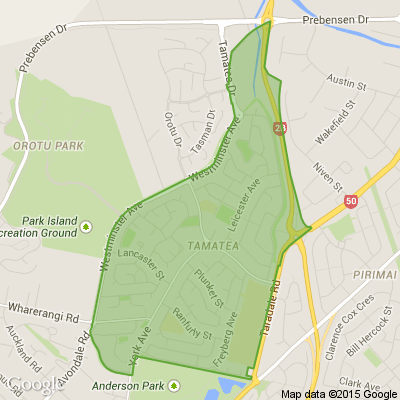
Ryman’s Walk in Wednesdays
Ryman villages across the country are open every Wednesday in November.

Thank you for using Neighbourly
You may receive an email confirmation for any offer you selected. The associated companies will contact you directly to activate your requests.
Petter from Awatoto - Meeanee
Wind chime made from recycled copper pipe and recycled wood,
$75.00
Price: $75
Robert Anderson from Curtain Clean (Hawkes Bay Chem-Dry)
These curtains are looking as good as new after being treated for mould removal. If you have orange or black spots on your curtains - that is most likely mould! It loves a combination of dust, damp, and heat. It can smell very musty, especially if left to grow. We are experts in mould removal and … View moreThese curtains are looking as good as new after being treated for mould removal. If you have orange or black spots on your curtains - that is most likely mould! It loves a combination of dust, damp, and heat. It can smell very musty, especially if left to grow. We are experts in mould removal and ensure curtains are treated with no colour loss - if you have any questions feel free to give us a call and we can have a chat. 0800 579 0501
Kath Boyd from Big Brothers Big Sisters of Hawke's Bay
We currently have boys ready and waiting to be matched with mentors, but to do this we need more male volunteers who want to invest their time in a young person.
You can find out more about becoming a mentor on our website (link to it here) tinyurl.com...
Take one small action towards making a… View moreWe currently have boys ready and waiting to be matched with mentors, but to do this we need more male volunteers who want to invest their time in a young person.
You can find out more about becoming a mentor on our website (link to it here) tinyurl.com...
Take one small action towards making a positive impact in a young persons life and enquire today!
Louise from Greenmeadows
Storm satin trousers with elasticated waist and 2 side pockets - Size 6
Only worn once
Price: $20
Louise from Greenmeadows
Storm - strappy summer top - Size 6 - Hardly worn so in excellent condition
Price: $10
Robert Anderson from Curtain Clean (Hawkes Bay Chem-Dry)
When researching or reading about different fabrics, you are likely to see the word yarn mentioned a lot. ‘Made from spun yarns’ or ‘with synthetic yarns’ are a couple of examples. But what is yarn? What is spun yarn? Are there other types? What does it all mean, and how much relevance does… View moreWhen researching or reading about different fabrics, you are likely to see the word yarn mentioned a lot. ‘Made from spun yarns’ or ‘with synthetic yarns’ are a couple of examples. But what is yarn? What is spun yarn? Are there other types? What does it all mean, and how much relevance does this bear to your final fabric? That’s what we are here to look at in a little more detail.
What is Yarn?
Yarn is a length of fibres. That’s the simplest way to explain it. It is a continuous length of fibres which are interlocked, and it’s used to produce fabrics, as well as in crocheting, knitting, embroidery and ropemaking.
This means that we can split yarn into two different ‘categories’ of sorts. The thread that is used for embroidery or in sewing machines, as well as yarn (commonly known as balls-of-wool) used in crafts such as knitting or crocheting, are long lengths that are bought as yarns.
The alternative would be a yarn which is then knitted or woven into a fabric. The textile is then bought as fabric, in lengths, rather than the yarn itself being purchased separately. This second description is the one that we will explore further in this post.
What is Yarn Made From?
Yarn can be made from such a variety of different fibres. This includes both natural and synthetic fibres. The most common plant fibre is cotton, however, you can also use other natural fibres such as bamboo. Alongside cotton, the synthetic polyester fibre makes up the two most commonly used fibres. Animal fibres are also often used, such as wool, harvested from sheep, as well as cashmere (harvested from goats) Angora (from rabbits) and silk (from insect larvae).
What is the Difference Between Spun and Filament Yarn?
Spun yarn is made by twisting staple fibres together in either an S or Z twist, to make a single thread. The process of twisting the fibres together into yarn is called spinning and it was one of the first processed to be industrialised. Spun yarns can contain a single type of fibre, or you can spin various types of fibre together to give you a blend.
Filament yarn is made up of filament fibres which are either twisted together or simply grouped together. It can either be composed of one filament, which is called a monofilament, or it could be made of more than one, in which case it would be known as a multifilament. This can be as few as two or three filament fibres, or even up to 50, or more.
Keep reading: www.curtainclean.co.nz...

Mei Leng Wong Reporter from NZ Gardener & Get Growing
Dear neighbours,
Please meet Alyce Read of Nelson, who uses her houseplant collection to connect with others and help them overcome mental health challenges. "You wouldn’t take a plant and put it in a dark corner and fail to water it and expect it to thrive. So we should look at ourselves … View moreDear neighbours,
Please meet Alyce Read of Nelson, who uses her houseplant collection to connect with others and help them overcome mental health challenges. "You wouldn’t take a plant and put it in a dark corner and fail to water it and expect it to thrive. So we should look at ourselves that way," she says. "If we are not thriving in the way that we would wish, it might not be any fault of ours, it might be the conditions that we are under."
The Team from Neighbourhood Support New Zealand
All it takes is a kind gesture to change someone’s day. From giving flowers to a neighbour ‘just because’ to paying it forward in line at a cafe - this month we’re encouraging our members and supporters to make New Zealand a better place one random act of kindness at a time.
The options … View moreAll it takes is a kind gesture to change someone’s day. From giving flowers to a neighbour ‘just because’ to paying it forward in line at a cafe - this month we’re encouraging our members and supporters to make New Zealand a better place one random act of kindness at a time.
The options for doing so are endless! Being kind doesn’t have to cost a thing, after all a smile is free. For those who want to go the extra mile, here’s some other ideas: take a gift over to new neighbours and introduce yourself, build a free community library for your street, buy extra kai at the grocery store to donate to a food bank, bring treats into work for colleagues, send an encouraging text to someone who needs it, let a car into the traffic ahead of you, write positive messages in chalk on sidewalks around your neighbourhood, or surprise loved ones with a visit.
Want to share your thoughts? Let us know how you’re spreading kindness this month by tagging us in your social media posts or emailing us your photos, videos, or experiences to:
info@neighbourhoodsupport.co.nz
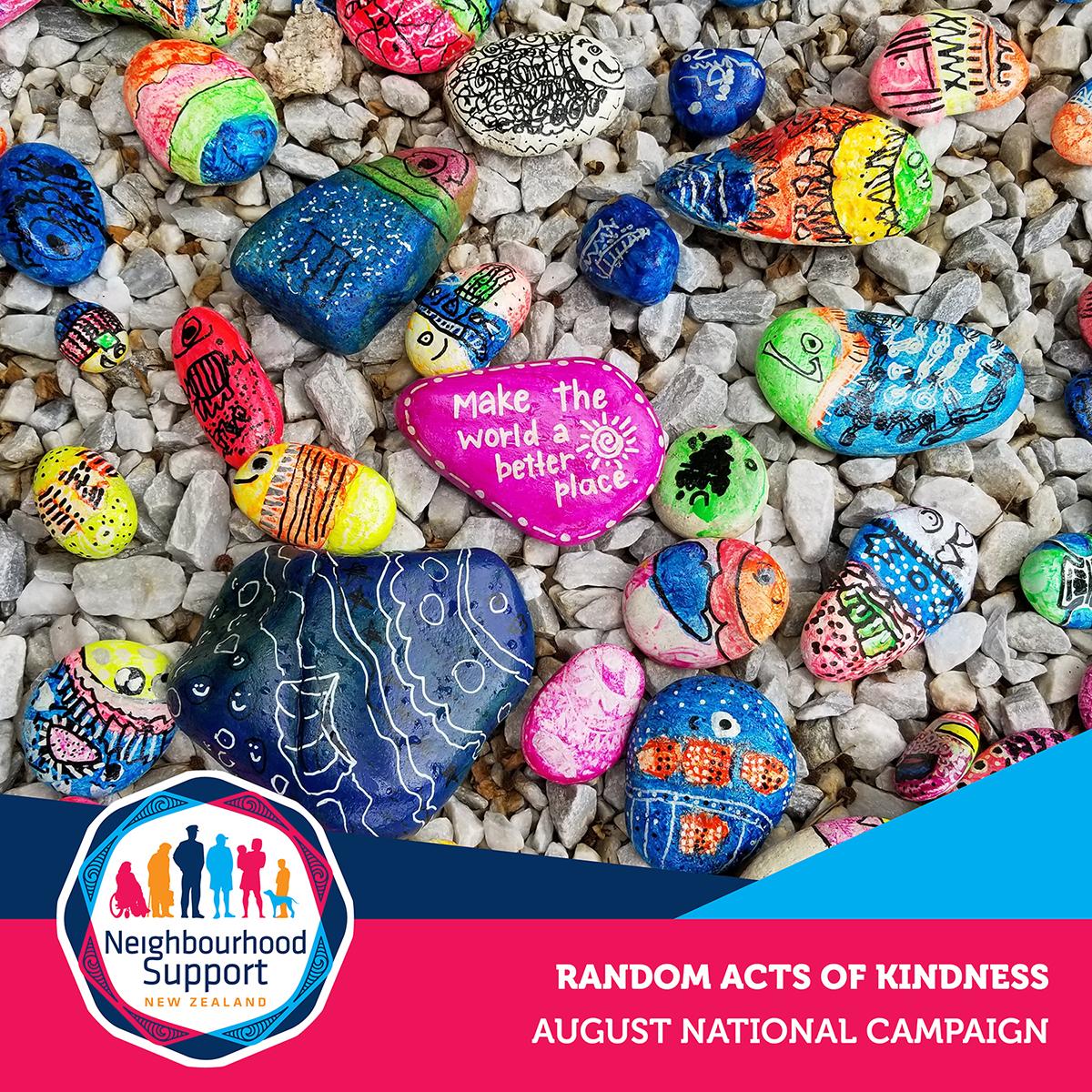
Todd Foster from Maidens & Foster Auctioneers Ltd
Our Rooms are Full. Seems like Spring has arrived early!
Viewing & Bids Welcome Monday 8-5 Tuesday 8-6 & Wed from 8
More Photos www.mafa.co.nz... & facebook
Advertise your entry-level and apprentice roles with Competenz through our online job board, we have pre-qualified and motivated jobseekers ready to match with your organisation.
Find your next apprentice with Competenz!

The Team from Digital Boost
Are you a small business owner looking to make better use of the online space?
Digital Boost is a free online learning platform packed with 3-5 minute educational videos on topics like:
- Websites
- Digital marketing/social media
- Online tools
- Digital accounting
- Business insights, … View moreAre you a small business owner looking to make better use of the online space?
Digital Boost is a free online learning platform packed with 3-5 minute educational videos on topics like:
- Websites
- Digital marketing/social media
- Online tools
- Digital accounting
- Business insights, feedback and reporting
- Future technologies
Plus, pick up tips and tricks from our interviews with other small business owners across the nation.
The future is digital and we want your business to be part of it.
Sign up today

The Team from Resene ColorShop Napier
Recreate a Kiwiana classic using butterflise and Resene testpots.
Find out how to create your own.
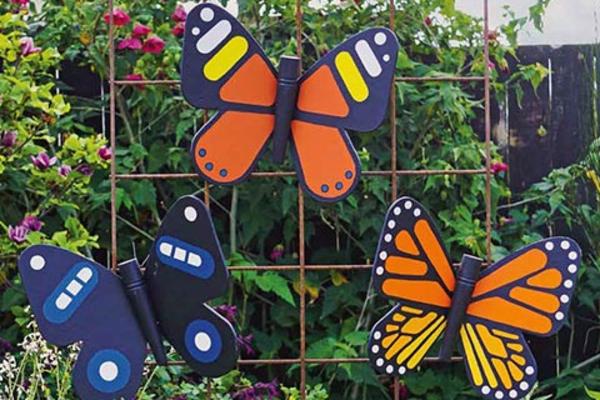
Robert Anderson from Curtain Clean (Hawkes Bay Chem-Dry)
If you enjoy growing your own potted plants and would like a stylish way of displaying them inside the home, then this month's project could be just what you need. I've been admiring living walls and hanging gardens for some time now, and decided to create an achievable small-scale … View moreIf you enjoy growing your own potted plants and would like a stylish way of displaying them inside the home, then this month's project could be just what you need. I've been admiring living walls and hanging gardens for some time now, and decided to create an achievable small-scale version to house small pots and fresh herbs in my kitchen. These shelves are affordable and easy to make, and ideal for apartments and smaller homes without much garden space.
For this project you will need:
• 1 length of untreated pine 20mm thick and 120mm wide
• Hand saw or skill saw, sandpaper
• Drill with 72mm hole saw drill bit and 7.5mm drill bit (for 7mm rope)
• 9 x 9cm terracotta pots
• White synthetic general purpose rope 7mm x 10m, 8 x white plastic cable ties
• Resene Colorwood Whitewash, speed brush or synthetic paintbrush
• Various herbs or small plants
Step one: Cut your length of pine into three pieces, each 600mm long. You can do this with either a hand saw or a skill saw. Once cut, give them a sand.
Step two: Measure out the placement of your holes that will hold the terracotta pots. I spaced mine out at 150mm centres. Repeat these markings for all three lengths of timber.
Step three: Using a drill with a hole saw attachment, cut out 72mm (D) sized holes to fit your terracotta pots. I practised first on a spare cut of timber I had lying around, to make sure that the hole I was drilling was the right size. For my 9cm pots, I found that 72mm ensured a good fit. Tidy up each hole with a light sand.
Step four: Now you need to cut the holes for your rope. Measure in 20mm from each corner and mark your drilling spot. Use a 7.5mm drill bit to make one hole in each corner (the size drill bit you use will depend on the thickness of the rope you are using to hang your shelves – adjust accordingly). Repeat for all three lengths of timber.
Step five: To achieve a fresh, clean look I used Resene Colorwood Whitewash interior wood stain. There are lots of colours to choose from, so you could pick whichever best suits the timber you are using and where the finished project will be hanging. I applied two coats of Whitewash using a speed brush, or synthetic brush.
Step six: Cut your rope into four equal lengths and thread each length through the corner holes of your shelves starting from the bottom. Tie each length of rope into a knot on the underside of the bottom shelf, so the bottom shelf rests on these knots.
Step seven: Adjust the placement of your shelves until you get them evenly spaced. Make sure you allow room for the pots to sit in the shelves, and room for your plants to grow of course. I spaced my shelves at 200mm apart. Secure the undersides of your remaining shelves with cable ties, they are a good solution because they aren't hugely visible and they don't budge. Trim the long ends of the cable ties once in place.
Step eight: Add your pots and plants, and hang in your chosen spot. Make sure that you use hooks that can safely take the weight of your shelves.
DIY with pictures: www.curtainclean.co.nz...
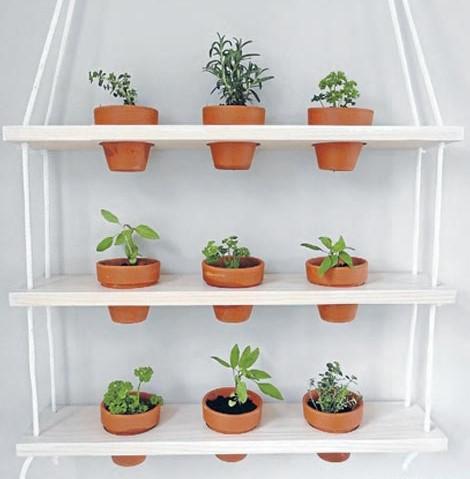
The Team from Neighbourhood Support New Zealand
Join the movement to help make Aotearoa a better place to live!

 Loading…
Loading…
Are you sure? Deleting this message permanently removes it from the Neighbourly website.
 Loading…
Loading…

 Tender
Tender



 Marketed by Liz Walsh
Marketed by Liz Walsh

 Buyers $1,000,000+
Buyers $1,000,000+



 Marketed by Darren Cuneen
Marketed by Darren Cuneen

 Deadline Sale
Deadline Sale

 Marketed by Hadley Brown
Marketed by Hadley Brown
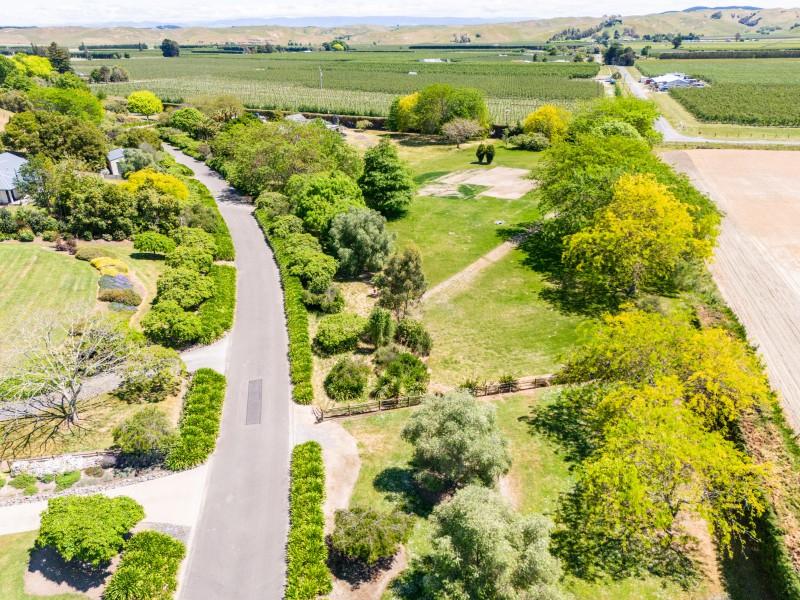
 Deadline Sale
Deadline Sale

 Marketed by Hadley Brown
Marketed by Hadley Brown

 Deadline Sale
Deadline Sale


 Marketed by Jacob Verhulst
Marketed by Jacob Verhulst

 By Negotiation
By Negotiation



 Marketed by Julie Smith
Marketed by Julie Smith

 Tender
Tender



 Marketed by Paul Evans
Marketed by Paul Evans
© Neighbourly 2024
